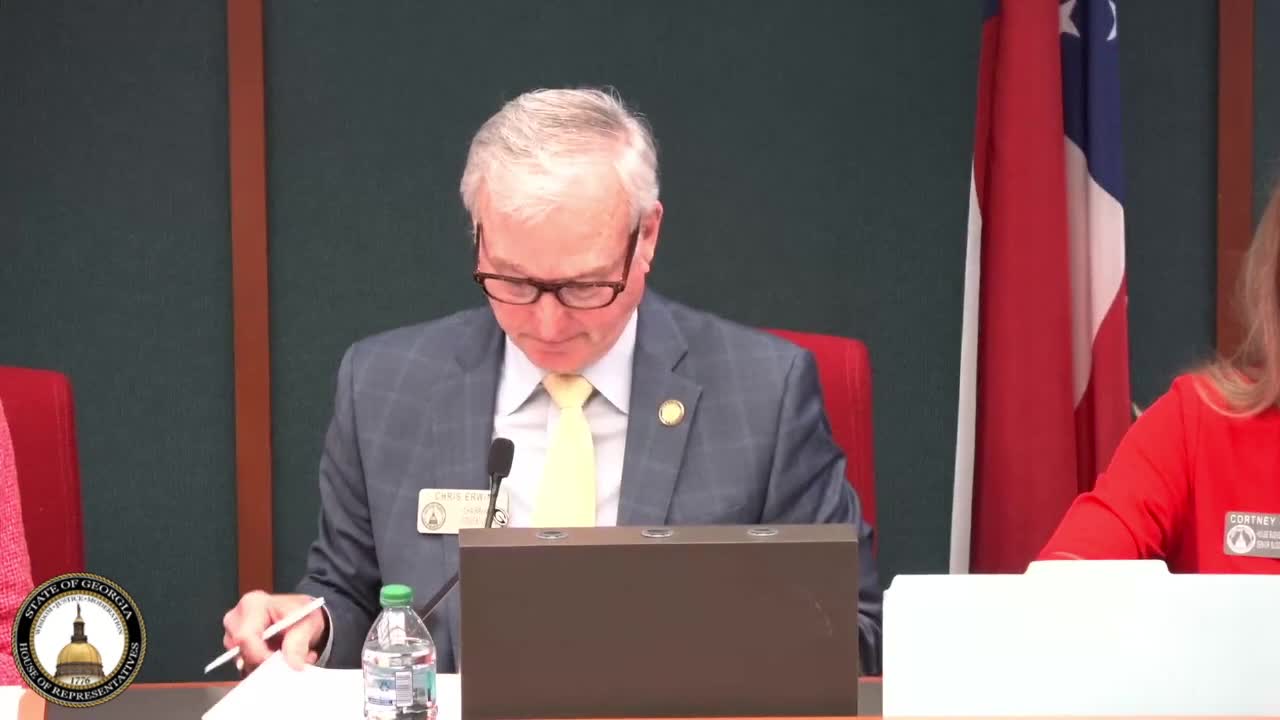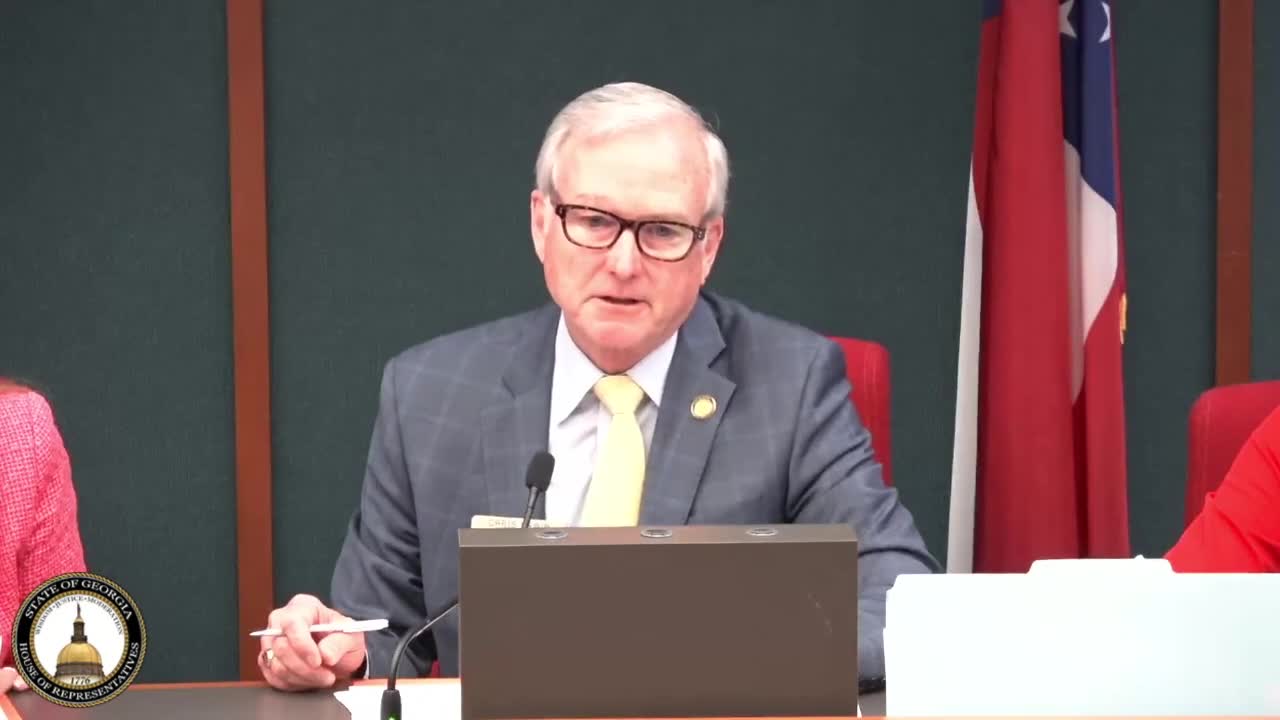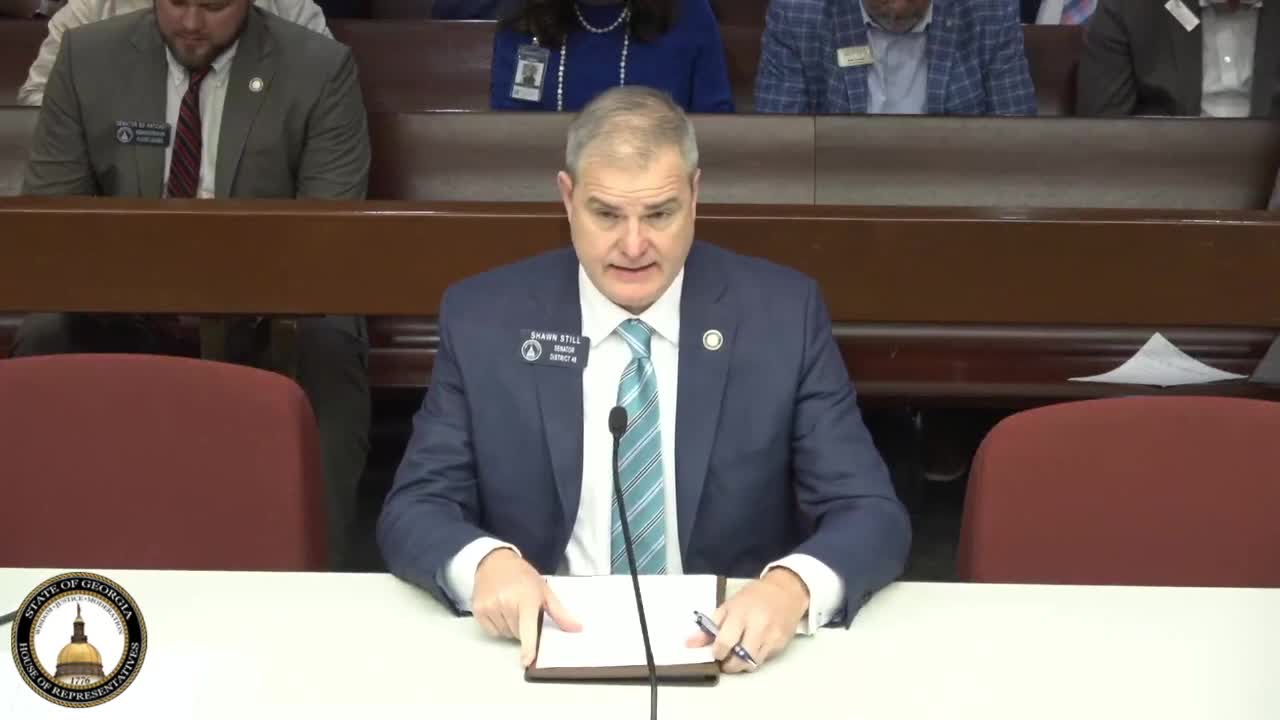Article not found
This article is no longer available. But don't worry—we've gathered other articles that discuss the same topic.

Committee advances "Riley Gaines Act" limiting participation of males in female sports amid heated public testimony

Committee backs pilot program for outdoor learning spaces and removes physician requirement for school AEDs

